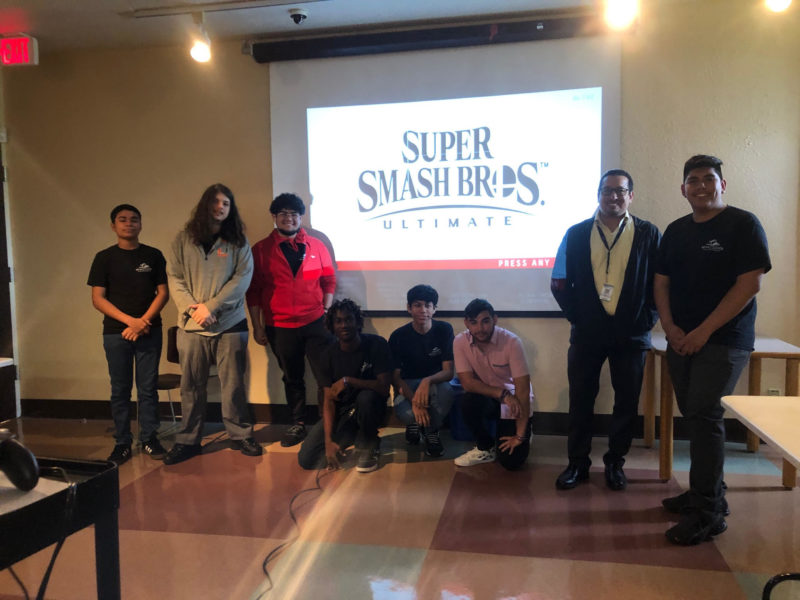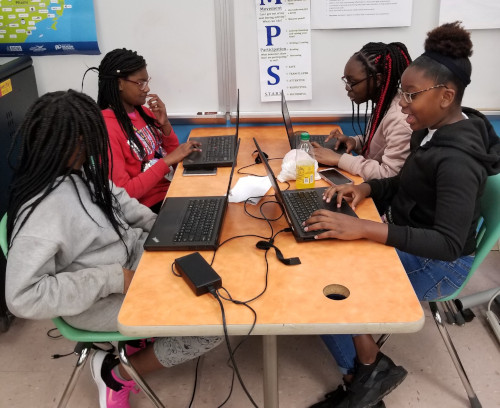The inclusion of scholastic esports in academic programs is yielding strong and widespread results in the youth of today. Research demonstrates that strong communities are developing, with deep engagement from students who are involved in scholastic esports, particularly students that normally don’t become involved with school activities. Because of that draw, scholastic esports is in a pivotal position to help build diversity, equity, and inclusion (DEI) at schools all around the country.
Organizations play an important role in fostering DEI among students. NASEF’s core values include diversity and respect, and its club members must adhere to the Code of Conduct to participate in tournaments and challenges. Likewise, HSEL competitors agree to abide by behavior standards in community events.
From the beginning of NASEF’s curriculum in southern California to the 10 magnet schools in Miami-Dade Florida that piloted the curriculum with their students, we have seen a marked improvement among students with respect to DEI. NASEF is now seeing students all across the country and even the world are joining esports clubs and opening up new avenues for themselves.

Photo provided by Mark Godinez
Mark Godinez, AP Computer Science Teacher at South Dade Senior High School in Florida, has focused on creating a better environment in his esports classroom to get more young women and those who identify as non-binary to participate. One of the major ways he’s helped improve the DEI of his scholastic esports program is by recognizing that these programs are about more than gaming. He uses other interests, like fan art, to get more of his students involved in the program, then introduces students to other concepts within the gaming space or gives them leadership roles when creating esports tournaments in their local community.
- Are substitutes the answer to the teacher shortage? - June 13, 2023
- Preparing for ransomware attacks begins with education - June 13, 2023
- How to use UDL-inspired technology to reengage students - June 12, 2023

